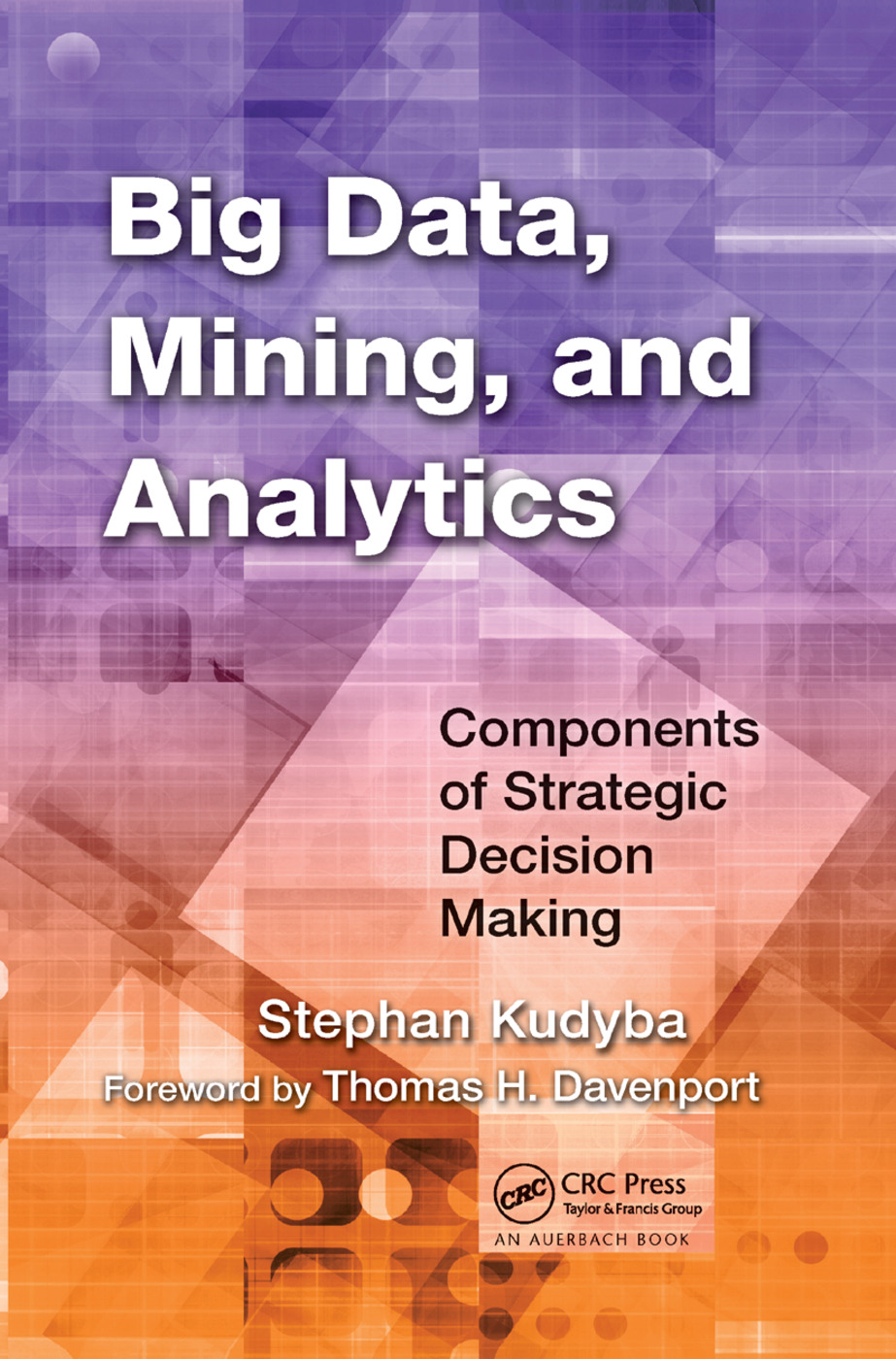EScope: Effective Event Validation for IoT Systems Based on State Correlation
IF 6.2
1区 计算机科学
Q1 COMPUTER SCIENCE, ARTIFICIAL INTELLIGENCE
引用次数: 1
Abstract
Typical Internet of Things (IoT) systems are event-driven platforms, in which smart sensing devices sense or subscribe to events (device state changes), and react according to the preconfigured trigger-action logic, as known as, automation rules. “Events” are essential elements to perform automatic control in an IoT system. However, events are not always trustworthy. Sensing fake event notifications injected by attackers (called event spoofing attack) can trigger sensitive actions through automation rules without involving authorized users. Existing solutions verify events via “event fingerprints” extracted by surrounding sensors. However, if a system has homogeneous sensors that have strong correlations among them, traditional threshold-based methods may cause information redundancy and noise amplification, consequently, decreasing the checking accuracy. Aiming at this, in this paper, we propose “EScope”, an effective event validation approach to check the authenticity of system events based on device state correlation. EScope selects informative and representative sensors using an Neural-Network-based (NN-based) sensor selection component and extracts a verification sensor set for event validation. We evaluate our approach using an existing dataset provided by Peeves. The experiment results demonstrate that EScope achieves an average 67% sensor amount reduction on 22 events compared with the existing work, and increases the event spoofing detection accuracy.EScope:基于状态相关性的物联网系统有效事件验证
典型的物联网(IoT)系统是事件驱动的平台,其中智能传感设备感测或订阅事件(设备状态变化),并根据预先配置的触发动作逻辑(即自动化规则)做出反应。“事件”是物联网系统中执行自动控制的重要元素。然而,事件并不总是值得信赖的。感知攻击者注入的虚假事件通知(称为事件欺骗攻击)可以在不涉及授权用户的情况下通过自动化规则触发敏感操作。现有的解决方案通过周围传感器提取的“事件指纹”来验证事件。然而,如果一个系统具有同质传感器,这些传感器之间具有很强的相关性,那么传统的基于阈值的方法可能会导致信息冗余和噪声放大,从而降低检查精度。针对这一点,本文提出了一种基于设备状态相关性的有效事件验证方法“EScope”来检查系统事件的真实性。EScope使用基于神经网络(NN)的传感器选择组件选择信息丰富且具有代表性的传感器,并提取用于事件验证的验证传感器集。我们使用Peeves提供的现有数据集来评估我们的方法。实验结果表明,与现有工作相比,EScope在22个事件上平均减少了67%的传感器数量,并提高了事件欺骗检测的准确性。
本文章由计算机程序翻译,如有差异,请以英文原文为准。
求助全文
约1分钟内获得全文
求助全文
来源期刊

Big Data Mining and Analytics
Computer Science-Computer Science Applications
CiteScore
20.90
自引率
2.20%
发文量
84
期刊介绍:
Big Data Mining and Analytics, a publication by Tsinghua University Press, presents groundbreaking research in the field of big data research and its applications. This comprehensive book delves into the exploration and analysis of vast amounts of data from diverse sources to uncover hidden patterns, correlations, insights, and knowledge.
Featuring the latest developments, research issues, and solutions, this book offers valuable insights into the world of big data. It provides a deep understanding of data mining techniques, data analytics, and their practical applications.
Big Data Mining and Analytics has gained significant recognition and is indexed and abstracted in esteemed platforms such as ESCI, EI, Scopus, DBLP Computer Science, Google Scholar, INSPEC, CSCD, DOAJ, CNKI, and more.
With its wealth of information and its ability to transform the way we perceive and utilize data, this book is a must-read for researchers, professionals, and anyone interested in the field of big data analytics.
 求助内容:
求助内容: 应助结果提醒方式:
应助结果提醒方式:


